AI Image Generation: How Text Prompts Fuel Creative Possibilities
The Fascinating World of AI-Generated Imagery: Where Technology Meets Creativity
Artificial intelligence has reached an astonishing milestone in creative expression—the ability to generate completely original images from nothing but text descriptions. This isn't just a technical novelty; it's reshaping how we visualize ideas, democratizing art creation, and challenging our understanding of machine creativity.
How AI Turns Words Into Visuals
The Magic Behind the Scenes
AI image generators like Craiyon (formerly DALL·E mini) don’t just pull existing images from a database—they create them. These systems are trained on millions of image-text pairs, learning how to associate words with visual concepts. When you type a prompt, the AI doesn’t search; it imagines.
Here’s how it works:
- The AI breaks down your text into key elements (objects, colors, styles).
- It references its training to understand relationships between these concepts.
- Then, it generates a completely new image that matches your description.
The results can range from surprisingly accurate to amusingly abstract, but they’re always unique.
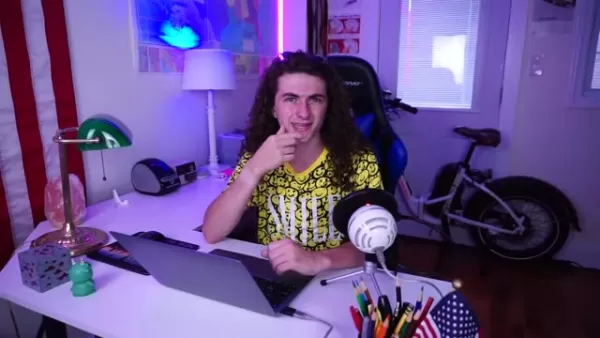
Craiyon: Your Gateway to AI Art
One of the most accessible tools for experimenting with AI-generated imagery is Craiyon. Unlike some professional-grade AI art tools, Craiyon is free, simple, and requires no technical expertise.
Why it’s great for beginners:
✔ Generates 9 variations of your idea at once
✔ No account or payment needed
✔ Fast results (though sometimes quirky)
Want to see what "a cat wearing a spacesuit" looks like? Craiyon will give you multiple interpretations in seconds.
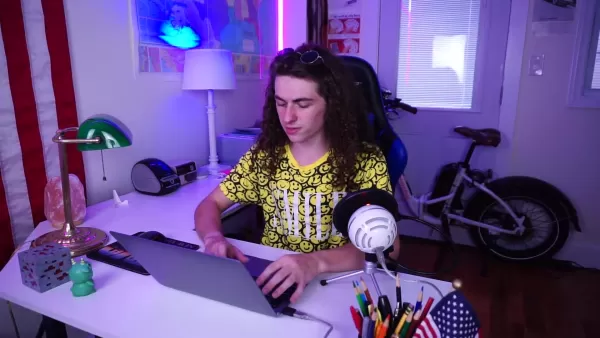
Pushing the Boundaries: What AI Can (and Can’t) Do
Abstract Concepts Made Visual
One of the most intriguing aspects of AI image generation is its ability to interpret vague or philosophical ideas. For example:
- "Consciousness" → The AI produces surreal visuals of floating brains, glowing networks, and distorted faces.
- "The feeling of nostalgia" → Expect sepia-toned scenes, old toys, and hazy landscapes.
While not always perfect, these interpretations reveal how AI "thinks" about intangible concepts.
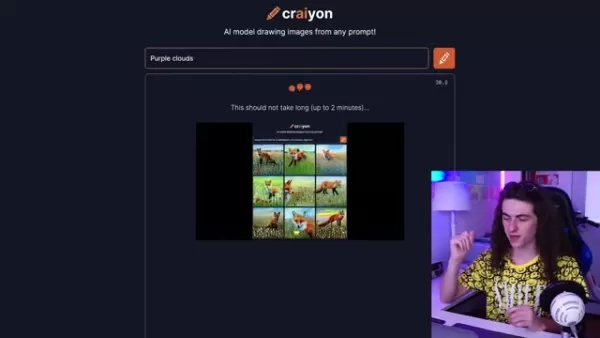
The Limits of AI Creativity
AI still struggles with:
❌ Fine details (hands, text, complex anatomy)
❌ Highly specific requests ("exactly like Picasso’s style but with neon colors")
❌ Consistency (generating the same character in multiple images)
Yet, these limitations are shrinking fast as models improve.
Ethical Questions We Can’t Ignore
The Dark Side of AI-Generated Images
While AI art opens incredible possibilities, it also raises serious concerns:
⚠ Deepfakes & Misinformation – Realistic fake images of people can spread disinformation.
⚠ Copyright & Ownership – Who owns AI-generated art? The prompt writer? The AI company?
⚠ Impact on Artists – Will AI replace human illustrators, or become just another tool?
Some platforms now block certain prompts (e.g., generating images of real people without consent).
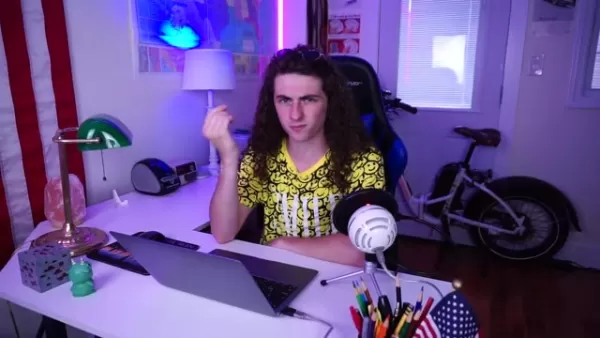
The Future: How AI Art Could Change Everything
Industries Being Transformed
- Marketing & Advertising – Instant mockups for campaigns.
- Game Development – Rapid concept art generation.
- Education – Visualizing historical events or scientific concepts.
- Social Media – Custom graphics without design skills.
What’s Next?
🔮 Hyper-realistic AI images (soon indistinguishable from photos)
🔮 Video generation (AI creating short clips from text)
🔮 Personalized AI art assistants (learning your style preferences)
Try It Yourself: A Quick Craiyon Tutorial
Want to experiment? Here’s how:
- Go to Craiyon.com
- Type a prompt (e.g., "cyberpunk city at night, neon lights, rain")
- Click "Draw"
- Browse the 9 generated images
- Refine your prompt for better results
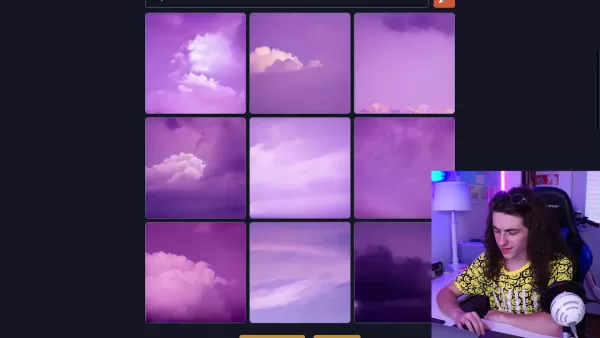
Pro Tip:
The more specific your prompt, the better the results. Instead of "a dog," try "a golden retriever wearing sunglasses on a beach at sunset."
Final Thoughts
AI-generated imagery is more than a gimmick—it’s a glimpse into a future where creativity is augmented by machines. Whether you're an artist, marketer, or just curious, experimenting with tools like Craiyon offers a fascinating look at how AI interprets human imagination.
What will you create?
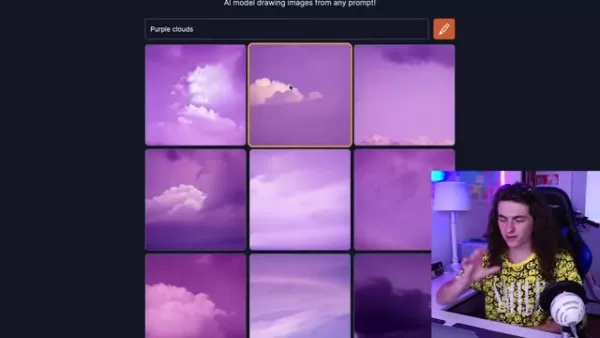
Related article
 Google's AI Now Handles Phone Calls for You
Google has expanded its AI calling feature to all US users through Search, enabling customers to inquire about pricing and availability with local businesses without phone conversations. Initially tested in January, this capability currently supports
Google's AI Now Handles Phone Calls for You
Google has expanded its AI calling feature to all US users through Search, enabling customers to inquire about pricing and availability with local businesses without phone conversations. Initially tested in January, this capability currently supports
 Trump Exempts Smartphones, Computers, and Chips from Tariff Hikes
The Trump administration has granted exclusions for smartphones, computers, and various electronic devices from recent tariff increases, even when imported from China, according to Bloomberg reporting. However, these products remain subject to earlie
Trump Exempts Smartphones, Computers, and Chips from Tariff Hikes
The Trump administration has granted exclusions for smartphones, computers, and various electronic devices from recent tariff increases, even when imported from China, according to Bloomberg reporting. However, these products remain subject to earlie
 AI Reimagines Michael Jackson in the Metaverse with Stunning Digital Transformations
Artificial intelligence is fundamentally reshaping our understanding of creativity, entertainment, and cultural legacy. This exploration into AI-generated interpretations of Michael Jackson reveals how cutting-edge technology can breathe new life int
Comments (1)
0/200
AI Reimagines Michael Jackson in the Metaverse with Stunning Digital Transformations
Artificial intelligence is fundamentally reshaping our understanding of creativity, entertainment, and cultural legacy. This exploration into AI-generated interpretations of Michael Jackson reveals how cutting-edge technology can breathe new life int
Comments (1)
0/200
![WillSmith]() WillSmith
WillSmith
 July 23, 2025 at 12:59:47 AM EDT
July 23, 2025 at 12:59:47 AM EDT
This AI image stuff is wild! Just type a few words and boom, you get a whole scene. Makes me wonder if artists will start competing with algorithms. 🤔 Cool tech, but kinda scary too!


 0
0
The Fascinating World of AI-Generated Imagery: Where Technology Meets Creativity
Artificial intelligence has reached an astonishing milestone in creative expression—the ability to generate completely original images from nothing but text descriptions. This isn't just a technical novelty; it's reshaping how we visualize ideas, democratizing art creation, and challenging our understanding of machine creativity.
How AI Turns Words Into Visuals
The Magic Behind the Scenes
AI image generators like Craiyon (formerly DALL·E mini) don’t just pull existing images from a database—they create them. These systems are trained on millions of image-text pairs, learning how to associate words with visual concepts. When you type a prompt, the AI doesn’t search; it imagines.
Here’s how it works:
- The AI breaks down your text into key elements (objects, colors, styles).
- It references its training to understand relationships between these concepts.
- Then, it generates a completely new image that matches your description.
The results can range from surprisingly accurate to amusingly abstract, but they’re always unique.

Craiyon: Your Gateway to AI Art
One of the most accessible tools for experimenting with AI-generated imagery is Craiyon. Unlike some professional-grade AI art tools, Craiyon is free, simple, and requires no technical expertise.
Why it’s great for beginners:
✔ Generates 9 variations of your idea at once
✔ No account or payment needed
✔ Fast results (though sometimes quirky)
Want to see what "a cat wearing a spacesuit" looks like? Craiyon will give you multiple interpretations in seconds.

Pushing the Boundaries: What AI Can (and Can’t) Do
Abstract Concepts Made Visual
One of the most intriguing aspects of AI image generation is its ability to interpret vague or philosophical ideas. For example:
- "Consciousness" → The AI produces surreal visuals of floating brains, glowing networks, and distorted faces.
- "The feeling of nostalgia" → Expect sepia-toned scenes, old toys, and hazy landscapes.
While not always perfect, these interpretations reveal how AI "thinks" about intangible concepts.

The Limits of AI Creativity
AI still struggles with:
❌ Fine details (hands, text, complex anatomy)
❌ Highly specific requests ("exactly like Picasso’s style but with neon colors")
❌ Consistency (generating the same character in multiple images)
Yet, these limitations are shrinking fast as models improve.
Ethical Questions We Can’t Ignore
The Dark Side of AI-Generated Images
While AI art opens incredible possibilities, it also raises serious concerns:
⚠ Deepfakes & Misinformation – Realistic fake images of people can spread disinformation.
⚠ Copyright & Ownership – Who owns AI-generated art? The prompt writer? The AI company?
⚠ Impact on Artists – Will AI replace human illustrators, or become just another tool?
Some platforms now block certain prompts (e.g., generating images of real people without consent).

The Future: How AI Art Could Change Everything
Industries Being Transformed
- Marketing & Advertising – Instant mockups for campaigns.
- Game Development – Rapid concept art generation.
- Education – Visualizing historical events or scientific concepts.
- Social Media – Custom graphics without design skills.
What’s Next?
🔮 Hyper-realistic AI images (soon indistinguishable from photos)
🔮 Video generation (AI creating short clips from text)
🔮 Personalized AI art assistants (learning your style preferences)
Try It Yourself: A Quick Craiyon Tutorial
Want to experiment? Here’s how:
- Go to Craiyon.com
- Type a prompt (e.g., "cyberpunk city at night, neon lights, rain")
- Click "Draw"
- Browse the 9 generated images
- Refine your prompt for better results

Pro Tip:
The more specific your prompt, the better the results. Instead of "a dog," try "a golden retriever wearing sunglasses on a beach at sunset."
Final Thoughts
AI-generated imagery is more than a gimmick—it’s a glimpse into a future where creativity is augmented by machines. Whether you're an artist, marketer, or just curious, experimenting with tools like Craiyon offers a fascinating look at how AI interprets human imagination.
What will you create?

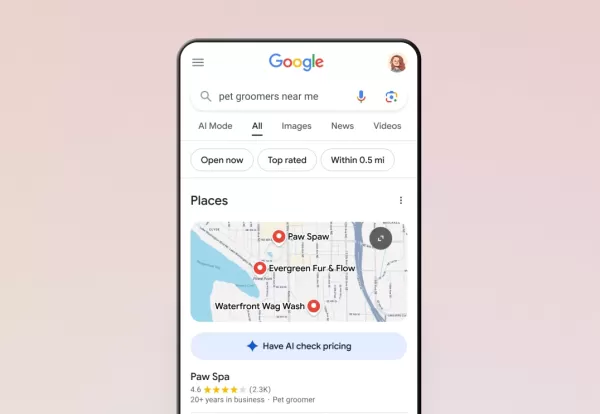 Google's AI Now Handles Phone Calls for You
Google has expanded its AI calling feature to all US users through Search, enabling customers to inquire about pricing and availability with local businesses without phone conversations. Initially tested in January, this capability currently supports
Google's AI Now Handles Phone Calls for You
Google has expanded its AI calling feature to all US users through Search, enabling customers to inquire about pricing and availability with local businesses without phone conversations. Initially tested in January, this capability currently supports
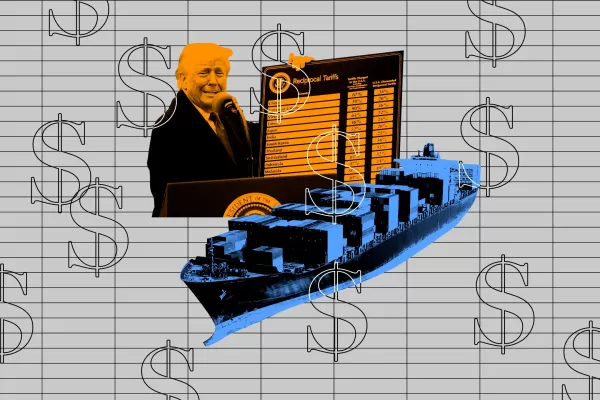 Trump Exempts Smartphones, Computers, and Chips from Tariff Hikes
The Trump administration has granted exclusions for smartphones, computers, and various electronic devices from recent tariff increases, even when imported from China, according to Bloomberg reporting. However, these products remain subject to earlie
Trump Exempts Smartphones, Computers, and Chips from Tariff Hikes
The Trump administration has granted exclusions for smartphones, computers, and various electronic devices from recent tariff increases, even when imported from China, according to Bloomberg reporting. However, these products remain subject to earlie
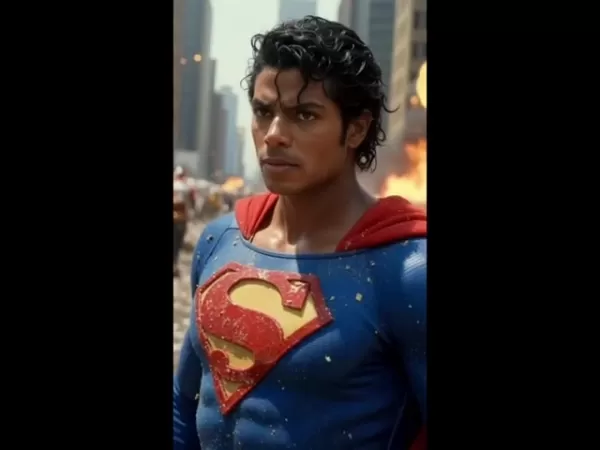 AI Reimagines Michael Jackson in the Metaverse with Stunning Digital Transformations
Artificial intelligence is fundamentally reshaping our understanding of creativity, entertainment, and cultural legacy. This exploration into AI-generated interpretations of Michael Jackson reveals how cutting-edge technology can breathe new life int
AI Reimagines Michael Jackson in the Metaverse with Stunning Digital Transformations
Artificial intelligence is fundamentally reshaping our understanding of creativity, entertainment, and cultural legacy. This exploration into AI-generated interpretations of Michael Jackson reveals how cutting-edge technology can breathe new life int
 July 23, 2025 at 12:59:47 AM EDT
July 23, 2025 at 12:59:47 AM EDT
This AI image stuff is wild! Just type a few words and boom, you get a whole scene. Makes me wonder if artists will start competing with algorithms. 🤔 Cool tech, but kinda scary too!


 0
0





























